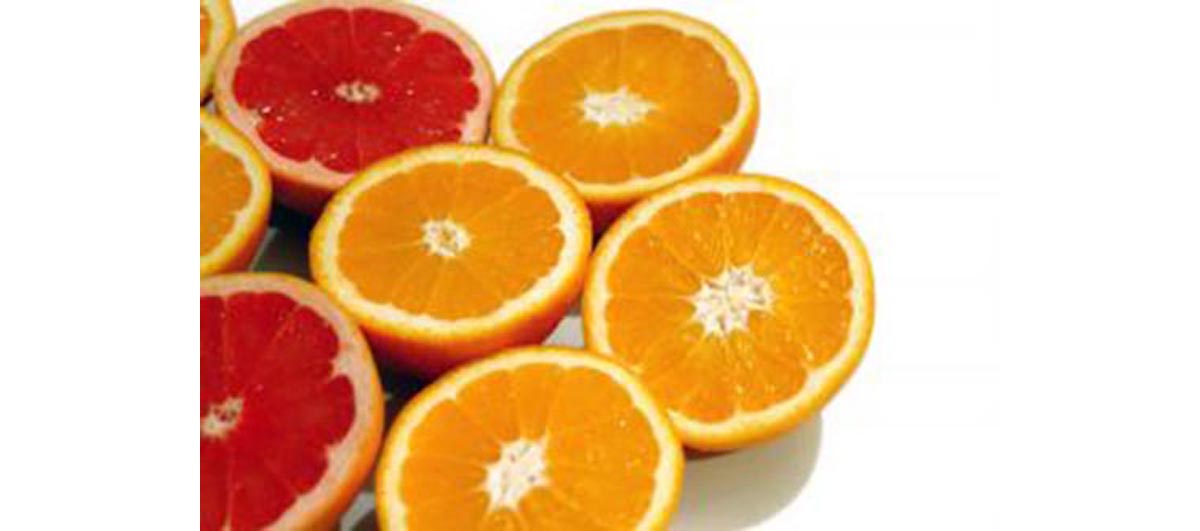During the first week of 2011 dozens of websites warned us all that the United States FDA was about to ban the use of intravenous Vitamin C.
Injectable Vitamin C Is a Potent Cancer Fighter
For instance, one website warned:"The FDA is now trying to outlaw an important medicinal form of vitamin C. It's almost as if they're declaring war on the American people's health and just trying to see how many people they can kill by depriving them of medicine that actually works to boost immune function, prevent colds and even fight cancer! "

Another website started its article with this frightening lead sentence:
"The FDA has just notified small pharmacies that they will no longer be allowed to manufacture or distribute injectable vitamin C—despite its remarkable power to heal conditions that conventional medicine can’t touch."
Many websites urged their readers to contact the FDA right away to save access to this cancer-fighting wonder. And it's absolutely true that injectable vitamin C is the most effective form of the nutrient for fighting cancer. Almost 40 years ago, Nobel Laureate Linus Pauling found that vitamin C was very effective in fighting cancer.
In the 1970's. Nobel laureate Linus Pauling conducted some very widely publicized studies of high-dose vitamin C as a method of extending the life of terminally ill cancer patients. In his study of 2000 people with terminal cancer, those who received 10 grams of vitamin C daily lived 5 to 20 times as long as those who did not. That is, most of the study volunteers taking vitamin C lived an average of 120 days, rather than 42 days, and 10 per cent of those taking vitamin C lived as long as 2-1/2 years. The vitamin C was administered by intravenous drip for the first 10 days and then the volunteers took it in tablet form.
Â
This study did not find that vitamin C cured cancer. It did find that vitamin C extended the very end of life in almost all cases. Follow-up research, unfortunately, found no benefit in increasing the dose to more than 10 grams a day, nor did patients live as long as they did in Dr. Pauling's trial. But that was not the end of the story
Modern Research Confirms that Vitamin C Fights Cancer
Thirty years later, Canadian doctors tried administering all the vitamin C intravenously. They found that 25 times more vitamin C reached cancer cells when the supplement was administered by IV compared to giving the vitamin by mouth. In the scientists' own words:
Â
"Recent evidence shows that oral administration of the maximum tolerated dose of vitamin C (18 g/d) produces peak plasma concentrations of only 220 micromoles/L, whereas intravenous administration of the same dose produces plasma concentrations about 25-fold higher. Larger doses (50–100 g) given intravenously may result in plasma concentrations of about 14,000 micromoles/L. At concentrations above 1000 micromoles/L, vitamin C is toxic to some cancer cells but not to normal cells in vitro" (in the test tube).
Â

It doesn't. The warning letter didn't apply to all small pharmacies. It applied to just one small pharmacy, which was having problems with the possible microbial contamination of the intravenous solution. Stopping the sale of contaminated products is something the FDA is supposed to do. The FDA only sent the warning to the pharmacy after a bad batch of vitamin C was sold. The freedom to sell vitamin C and the freedom to sell bacteria-contaminated vitamin C are two different things.
Failure to make sure that the IV solution was not contaminated led to inspectors taking a closer look at labels, too. The products were found not to have labels that made it clear they were not for do-it-yourself home intravenous treatment. And do you really think it's a good idea to puncture your own veins and set up your own IV drip? That's what the labels suggested.
One almost wonders if the "advocates of natural health" who sent out this false alarm weren't working for some sinister purpose, getting the public upset about a non-event while some more insidious event was slipping by unnoticed. But whatever the motives of the fear mongers of natural medicine, vitamin C injections are still a valid treatment for cancer and they are still available in the USA.
- USDA Warning Letters, http://www.fda.gov/ICECI/EnforcementActions/WarningLetters/ucm238251.htm. Accessed 07 January 2011.
- Photo courtesy of Shardayyy by Flickr : www.flickr.com/photos/shardayyy/5374114180/

